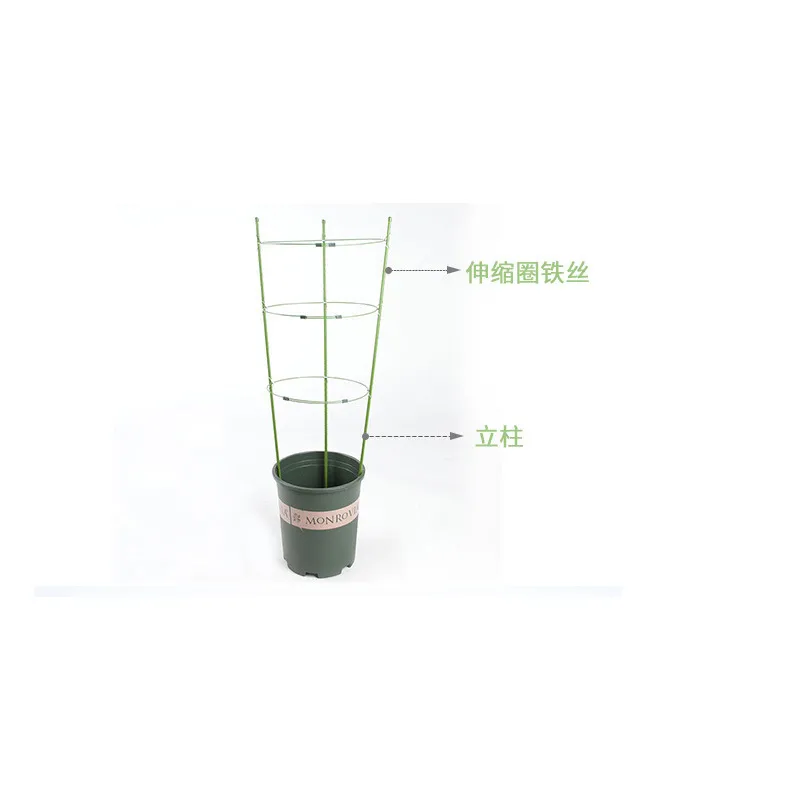Understanding Coil Nails Features, Applications, and Benefits
Coil nails are an essential tool in the construction and manufacturing industries, known for their efficiency and versatility. These nails are specifically designed to be used with pneumatic nail guns, allowing for quick and secure fastening of materials. Unlike traditional nails, which are packaged individually or in small boxes, coil nails are held together in large, circular coils. This unique design not only optimizes storage but also enhances the speed of operation, making them an invaluable asset in various applications.
Features of Coil Nails
Coil nails typically range in size from 1 inch to 3.5 inches in length, accommodating a variety of fastening needs. They can be made from different materials, including steel, stainless steel, and galvanized options for increased durability and resistance to corrosion. Coil nails are categorized by their head styles, which include flat, round, and clipped heads, allowing users to select the best option for their specific project requirements.
One of the key advantages of coil nails is their collated design. The nails are connected at the shank by a thin strip of wire or plastic, which allows them to be fed into a nail gun quickly and efficiently. This design reduces the time spent reloading and minimizes the risk of misfiring, leading to increased productivity on job sites. Additionally, coil nails have a higher holding capacity than standard nails due to their length and diameter, providing added strength for various applications.
Applications of Coil Nails
Coil nails are widely used in a multitude of applications, particularly in framing, roofing, and siding installations. In framing, they are ideal for assembling wood structures since they provide strong holding power that can withstand the stresses of construction. When used in roofing, coil nails secure shingles and underlayment, ensuring a weather-tight seal that protects buildings from the elements. In siding applications, these nails facilitate quick installation while maintaining the structural integrity of the materials.
Beyond construction, coil nails are also utilized in manufacturing furniture and pallets, where speed and holding power are paramount. Their versatility allows them to be used in both residential and commercial projects, making them a popular choice among contractors and builders alike.
coil of nails

Benefits of Using Coil Nails
The benefits of using coil nails extend beyond their efficiency and versatility. One of the primary advantages is the speed at which they can be installed. The collated design allows for rapid firing from pneumatic nail guns, significantly reducing labor time compared to manual nailing methods. This efficiency can lead to cost savings and faster project completion.
Additionally, coil nails help to ensure a consistent level of driving depth, resulting in a neat and professional finish. This is particularly important in applications where aesthetics are a concern. The precision of pneumatic tools combined with coil nails results in uniform fastening, which enhances the overall quality of the work.
Another noteworthy benefit is the reduced risk of nail jamming or misalignment. Coil-shaped nails are engineered to feed smoothly into nail guns, minimizing disruptions during the fastening process. This reliability is critical in high-speed applications, where delays can be costly.
Lastly, using coil nails can be environmentally friendly. Many manufacturers offer eco-conscious options, such as nails made from recycled materials or those that are designed to minimize waste during production. This aligns with the growing trend toward sustainability in construction practices.
Conclusion
In summary, coil nails are a vital component in the toolkit of modern construction and manufacturing. Their unique design, ease of use, and versatility make them ideal for a wide range of applications, from framing and roofing to furniture assembly. By investing in coil nails and pneumatic tools, contractors can enhance their efficiency, reduce labor costs, and achieve high-quality results. As the industry continues to evolve, coil nails will undoubtedly remain an essential element in the pursuit of excellence in construction and manufacturing.

















